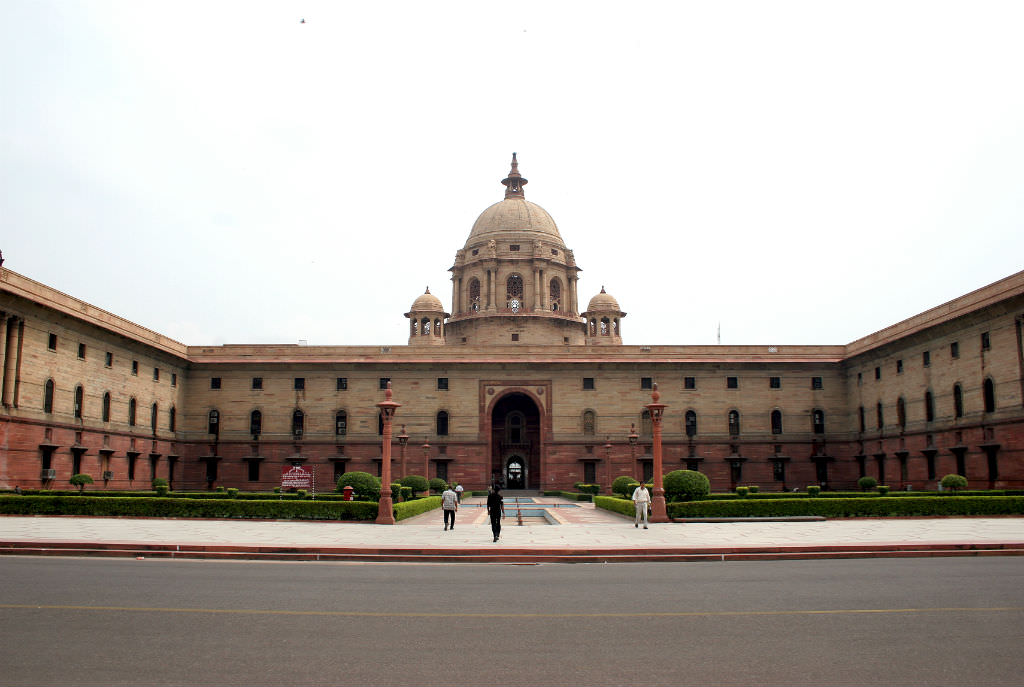
Are India's Regulators Poised to Clamp Down on Bitcoin?
India's authorities are allegedly preparing a public advisory to warn against the risks associated with emerging digital currencies.
The problem is not with the digital currencies themselves, but some worrying trends involving bitcoin and other cryptocurrencies.
Indian regulators are concerned that increasingly popular bitcoin investment schemes could become a source of volatility, eventually turning into an electronic version of investor fraud.
An unnamed senior Indian official told the Press Trust of India (PTI) that a public advisory may be issued soon to warn against the “possible risks associated with bitcoins”. The official said:
Central bankers step up
However, the biggest concern doesn't appear to be an economic one. The amount of bitcoin in circulation is still relatively small, especially in the context of vast economies like China, India and France.
Bitcoin doesn't have the potential to undermine stability, but it does pose a risk, as it could be utilised by tax dodgers and money launderers alike. Some security experts believe it could even be used to channel funds to terrorist organisations.
Another problem is the lack of regulation. Although the vast majority of people dealing in virtual currencies have no intention of breaking the law, the unregulated nature of digital currency exchanges has already precipitated the collapse of several trading platforms.
Lack of regulation is a double-edged sword: while it makes bitcoin appealing to some users, it also introduces more risk and volatility into an already unstable market.
India's e-ponzi schemes
As for India, its financial regulators are keeping a close eye on bitcoin, but they aren't regulating it.
However, this may change. An Indian official advised applying lessons learned in the US, where authorities are applying money laundering rules to bitcoin.
These same rules already apply to other financial transactions, thus they would not impact legitimate traders and businesses. In fact, they could be very beneficial in the long run.
One problem for Indian regulators is the use of bitcoin in multi-level marketing schemes, which are basically ponzi schemes involving an actual product that helps them to appear legitimate.
Regulators are worried that such 'e-ponzi' schemes could become very difficult to take down, as all transactions are electronic and practically anonymous.
DISCLOSURE
The leader in news and information on cryptocurrency, digital assets and the future of money, CoinDesk is a media outlet that strives for the highest journalistic standards and abides by a strict set of editorial policies. CoinDesk is an independent operating subsidiary of Digital Currency Group, which invests in cryptocurrencies and blockchain startups. As part of their compensation, certain CoinDesk employees, including editorial employees, may receive exposure to DCG equity in the form of stock appreciation rights, which vest over a multi-year period. CoinDesk journalists are not allowed to purchase stock outright in DCG.

